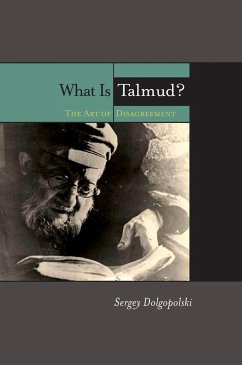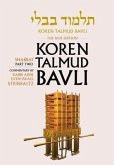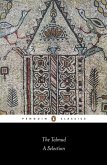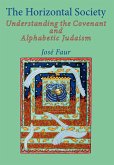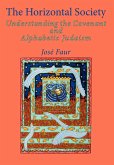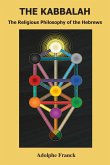True disagreements are very hard to achieve. They are even harder to maintain, for the ghost of final agreement constantly haunts them. The Babylonian Talmud, however, escapes from that ghost of agreement. Taking it as an example, one might ask: Are there any conditions under which disagreement might constitute a genuine and final relationship between finite minds? Are disagreements always only temporary steps toward final agreement? Must a community of disagreement always imply agreement, as in an agreement to disagree?In both engagement and disengagement with post-Heideggerian traditions of thought, What Is Talmud? redefines the place of the Talmud and its study in the intellectual map of the West. In Talmudic intellectual art, disagreement is a fundamental category, the ultimate condition of finite human existence or co-existence
Hinweis: Dieser Artikel kann nur an eine deutsche Lieferadresse ausgeliefert werden.
Hinweis: Dieser Artikel kann nur an eine deutsche Lieferadresse ausgeliefert werden.

